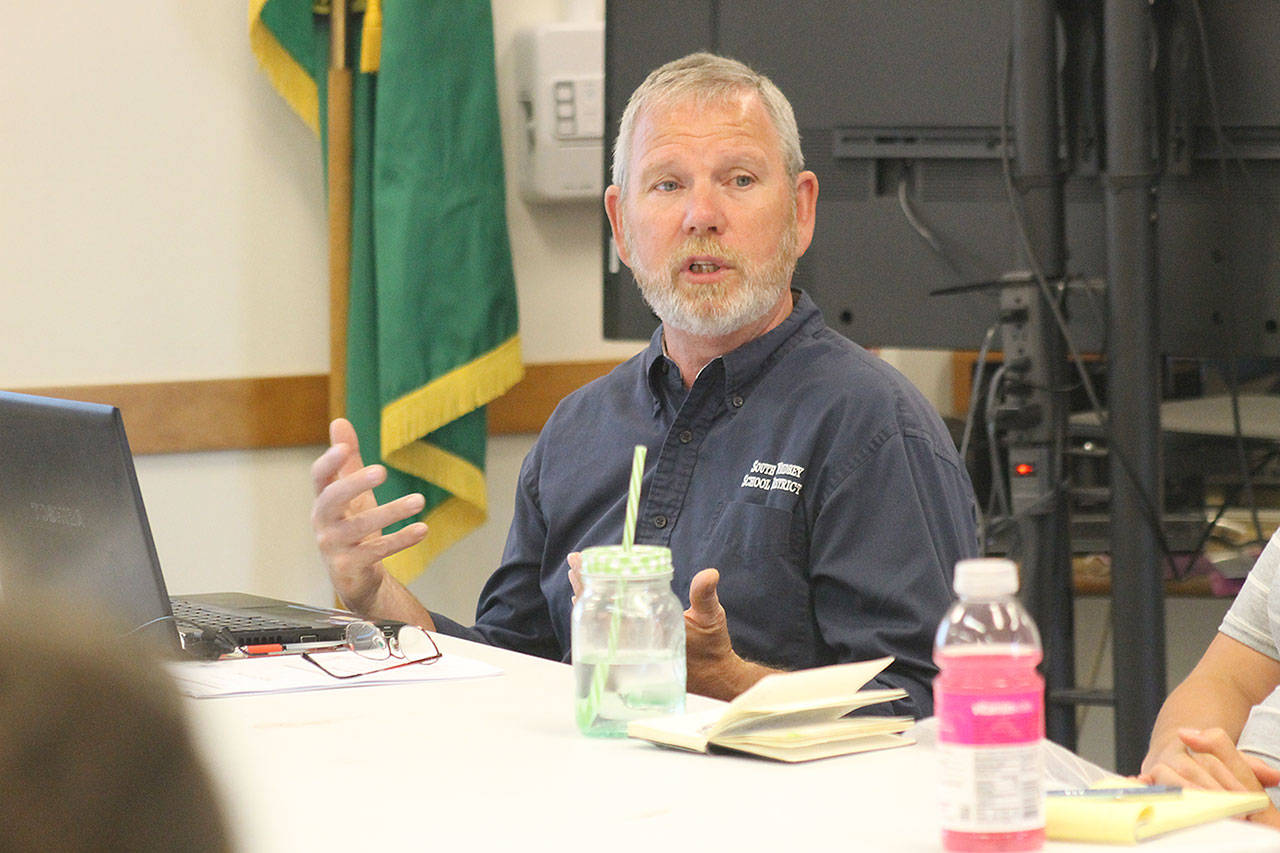A hike in property taxes is coming in 2018 with an increased investment by state lawmakers to better fund public education.
New legislation passed on June 30 includes a statewide property tax increase of 80 cents to $2.70 per $1,000 in assessed property value starting in 2018. The increase is expected to draw $1.6 billion over the next two years, all of which is earmarked for education.
It also caps the maximum amount of local maintenance and operations or “enrichment” levies at $1.50 per $1,000 of assessed value of property, or $2,500 per student beginning in 2019, depending on which is lower.
The property tax increases are part of an effort to satisfy a 2012 Supreme Court order known as the McCleary decision, which in 2012 ruled the state was underfunding public schools. The $43.7 billion budget adds $1.8 billion in spending for K-12 public schools between 2017 and 2019.
Dan Poolman, assistant superintendent of business, said it is difficult to speculate on all of the impacts of the budget, whether positive or negative, because there are still many details that are unclear. He also said the rates outlined in the enrichment levies are tentative and subject to change before 2019.
“It’s only been out for a week,” Poolman said.
But, he said the statewide property taxes should take away the burden of school districts imposing local levies to fully fund education. It also helps equalize property taxes in different districts, he said.
A tax policy analysis crafted by the Office of Program Research estimates that South Whidbey will have median taxable property values of $320,600, $325,700, $330,800 and $336,000 for single family residences in 2018-21, respectively. The new legislation will mean an increase of $280 in 2018, $320 in 2019, $350 in 2020 and $380 in 2021.
Rich Wood, communications director for the Washington Education Association, felt the education portion of the budget does not successfully fulfill the court order for the state to fully fund education.
“The new budget makes progress, but it falls short of amply funding K-12 basic education as required by the McCleary decision and Constitution,” Wood said. “Clearly, it’s billions of dollars in new funding, but it is separated out over four years and it does not meet the September 1, 2018 deadline that the Supreme Court set.”
Wood said the budget delays investment in “more important things” such as competitive pay for teachers and support staff and also falls short of funding for smaller classes.
Sen. Barbara Bailey, R-Oak Harbor, has a different viewpoint; she believes the education budget satisfies McCleary decision.
“The funding of K-12 has not been properly funded through the years,” Bailey said in a phone interview Friday morning. “When you accumulate that kind of situation over time, it takes a while for us to be to fully fund education in a way that everybody in the legislature wants to be able to do. It’s a complex issue, one that is different with every school district in many ways.”
Bailey said the statewide property taxes help make sure local levies by school district are used when needed, not just to ensure there is money for education. She also expects the statewide property tax rates will change in the future because lawmakers are “still looking at every school district and how it will effect each district and property owners.”
“In a general sense, we’re hoping we’ll able to bring it down,” Bailey said. “That is one of the goals associated with the reform is for the state to have a larger involvement in the amount of money that’s going toward our school districts.”
Efforts to reach Sen. Dave Hayes, R-Camano Island and Sen. Norma Smith, R-Clinton, for comment were unsuccessful by press time.



